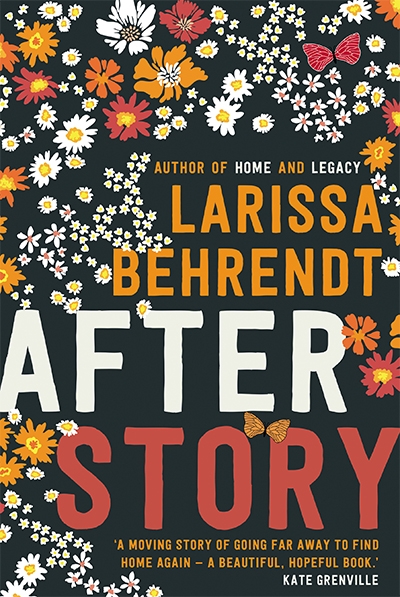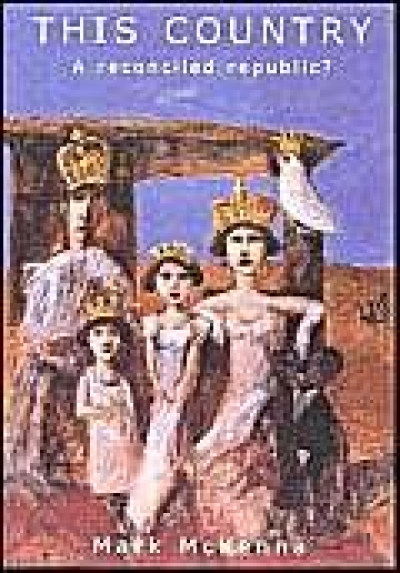Larissa Behrendt
Larissa Behrendt is the author of three novels: Home, which won the 2002 David Unaipon Award and the regional Commonwealth Writers’ Prize for Best First Book; Legacy, which won the 2010 Victorian Premier’s Literary Award for Indigenous Writing; and After Story (2021). She has published numerous books on Indigenous legal issues; her most recent non-fiction book is Finding Eliza: Power and colonial storytelling. She was awarded the 2009 NAIDOC Person of the Year award and 2011 NSW Australian of the Year. She is Distinguished Professor at the Jumbunna Institute at the University of Technology Sydney.
... (read more)



